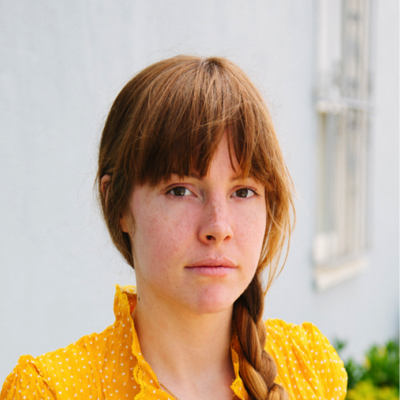Mollie who graduated in 2012 writes: ISF allowed me to carve out my own path (a critical skill in the real world), figure out what I was actually interested in and make every class count. I also double majored in art, where I found myself exploring the same themes I was studying in ISF. Immediately after school I moved to San Francisco, started freelancing in interior design and even became a house manager and innkeeper. After a year, I wanted to move back to health, so I interned at Rock Health, a full-service seed fund that supports startups working at the intersection of healthcare and technology. I stuck around until they hired me and am now leading all the communications, marketing and creative directiona perfect blend of everything I was able to explore through ISF.
Mollie provides this abstract for her thesis which compared the birthing process in the US and Sweden: One in three births are now delivered via cesarean section and a quarter of US women do not receive prenatal care. Neonatal mortality statistics place the US at the bottom of other comparable nations, with a death rate two times higher than its OECD counterparts. However, more cost-effective systems exist which can bridge gaps in accessibility and appropriateness of care for pregnant women across socioeconomic lines. This thesis discusses cultural norms regarding birth, structural support in medical systems, regulations and national histories of the United States and Swedenwhich has similar maternal care practices in many ways to the US, though utilizes midwives for the vast majority of pregnancies and births. This discussion exposes the barriers and opportunities for greater use of midwifery services to increase quality and accessibility of care for women in The United States.
